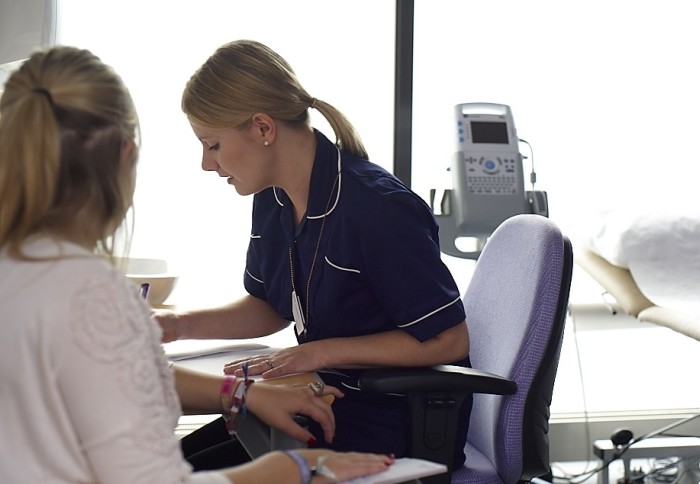UK could benefit from implementing reproductive healthcare practices from LMICs
by Jack Stewart

Providing early medical abortions in GP clinics could improve accessibility in Britain, without compromising on safety or quality of care.
A new review from the School of Public Health and the British Pregnancy Advisory Service (BPAS) explored the quality of early abortion services provided in LMIC primary care settings, and the potential benefits of extending their application to the UK.
The research, published in the journal Globalization and Health showed that it is safe and feasible to provide early medical abortions in primary care settings, improving access without reducing quality or safety. These services could also be delivered by mid-level providers, such as midwives and nurses with additional training. Providing early medical abortions in GP surgeries, for example, could enable more women to access safe abortions locally in their own community.
As it stands, under the 1967 Abortion Act, these innovative service models cannot be introduced in the UK, despite their potential benefits. The Act specifies abortions may only be provided by two doctors on specifically licensed premises. In recent years medical bodies including the Royal College of Midwives, the British Medical Association and the Royal College of Obstetricians and Gynaecologists have called for abortion to be decriminalised to permit the modernisation of services. MPs have voted twice in favour of this change, but currently the criminal law remains in force.
The recent introduction of a “pills by post” service for early abortions in Britain was driven by necessity due to the COVID-19 pandemic and permitted in law on a temporary basis by Health Secretary Matt Hancock. Statistics published this month showed that telemedical abortion services have enabled women to access care at significantly lower gestations, with shorter waiting times.
The study authors conclude that removing abortion from the criminal law could permit new service delivery models in Britain, including providing the pills by post service on a permanent basis, and complementing it with early abortion provision in GP surgeries.
Rebecca Blaylock, study co-author and Research and Engagement Lead at BPAS, said: “The constraints on innovation in abortion care services is caused by the archaic Abortion Act, which has also been exported to previously colonised countries. Our study shows that if we removed the legal barriers associated with the Abortion Act we could provide abortion services in a more person-centred way.”
Flow of medical knowledge
The paper challenges the assumed unidirectional flow of medical knowledge and wisdom from the Global North to the Global South. In LMICs, resource constraints motivate policymakers to rethink existing processes, make decisions that are cost effective and leverage regulatory gaps to adopt “frugal innovations”. The authors found that the UK could learn from novel service models developed in these settings, and that their application in the UK could improve patient access while maintaining safety standards.
Previous research has shown unconscious bias plays a role in the interpretation of research abstracts based on their country of origin, with clinicians more likely to favour research from high-income settings. Therefore, medical innovations from LMICs are often discounted or given less value.
Dr Matthew Harris, study co-author and Clinical Senior Lecturer in Public Health said: “Innovation in the delivery of abortion care is just one of many examples of frugal healthcare innovations from low-income countries that the UK needs to look at and adopt. Improving access is a cornerstone of the NHS and learning from low-income countries will need to be part of that moving forward.”
-
Systematic review of early abortion services in low- and middle-income country primary care: potential for reverse innovation and application in the UK context. by Zhou, J., Blaylock, R. & Harris, M. is published in the journal Globalization and Health https://doi.org/10.1186/s12992-020-00613-z
If you are considering an abortion, or need advice after treatment, please visit www.bpas.org
Article text (excluding photos or graphics) © Imperial College London.
Photos and graphics subject to third party copyright used with permission or © Imperial College London.
Reporter
Jack Stewart
School of Public Health